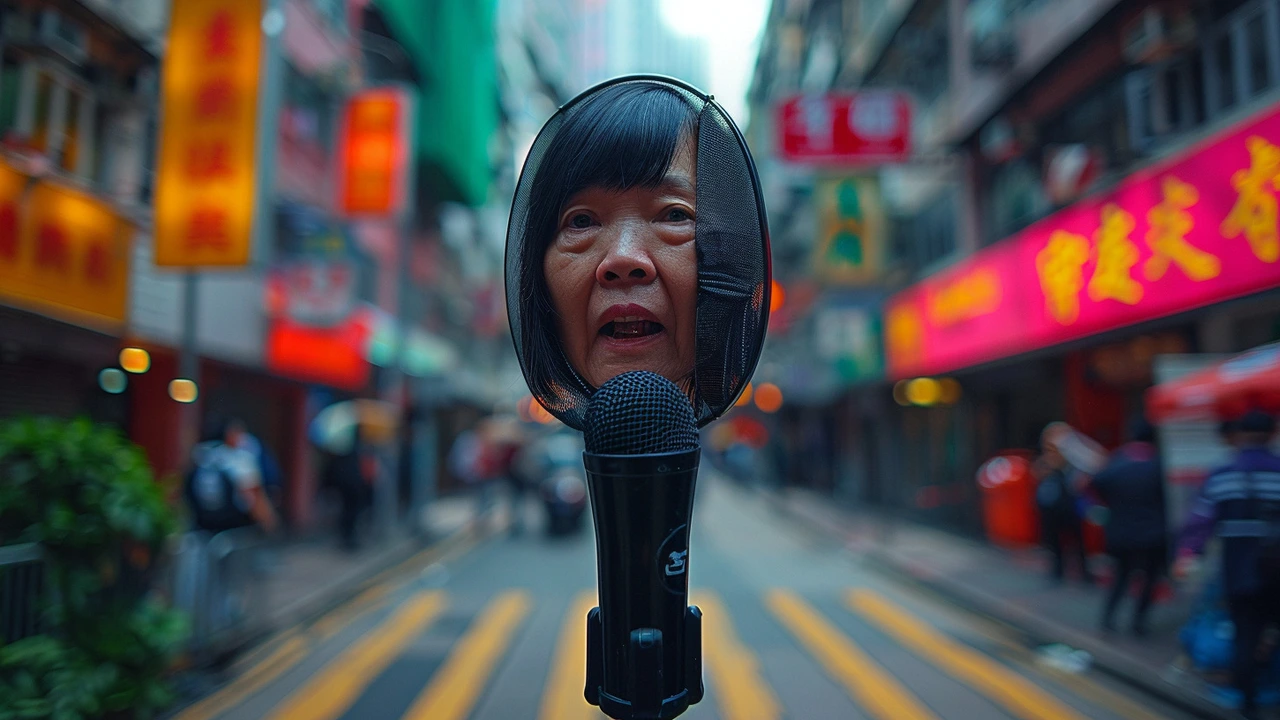Minimum Wage Explained: What You Need to Know
Minimum wage is the lowest amount an employer can legally pay their workers. It’s set by the government to ensure people earn a basic standard of living. But how does that impact you or your community? Understanding minimum wage helps you see the bigger picture behind those numbers on your paycheck.
At its core, minimum wage laws aim to prevent exploitation and poverty among working people. When set correctly, it gives workers dignity and helps stabilize the economy by boosting spending power. But if it’s too low, many still struggle to cover essentials. Too high, and it might lead businesses to cut jobs or hike prices.
How Minimum Wage Affects Workers and Businesses
For workers, a fair minimum wage means more money to support families, pay rent, and buy food. It can reduce stress and improve quality of life. On the flip side, businesses face higher payroll costs with a wage hike. Small businesses especially feel the pinch, sometimes leading to fewer hours for workers or slower hiring. Larger companies might adjust by raising prices or automating tasks.
Debates about minimum wage often focus on finding a balance. Cities and countries try to match wages to living costs, though what’s considered 'enough' changes from place to place. Some push for a living wage—what covers all basic needs—to replace the minimum wage standard. Either way, the discussion shows how crucial fair pay is in shaping a community’s wellbeing.
Why Minimum Wage Is Always in the News
We constantly hear about minimum wage increases or protests because it hits close to home for many people. When the cost of living rises due to inflation, wages need to keep up to prevent hardship. Politicians and activists debate whether raising the minimum wage helps reduce inequality or causes job losses.
Understanding these arguments can help you make sense of news stories and how they might affect you. If you work a minimum wage job or run a business, these policies could change your wallet’s balance. For everyone else, it shapes the economy and community health. Minimum wage isn’t just a number—it’s a key piece in the puzzle of fair work and a thriving society.
So, next time you hear about minimum wage talks, you’ll know why it matters so much. It’s about making work pay enough to live—and that’s something we all want to see.
Hong Kong Labor Rights: Urgent Calls for Better Wages and Restoration of May Day Marches
In Hong Kong, the silence of Labor Day marches since 2019 and the slow government response to workers' demands highlight a growing dissatisfaction. Chan Po-ying of the League of Social Democrats criticizes the government and major unions for not adequately supporting low-wage workers.

